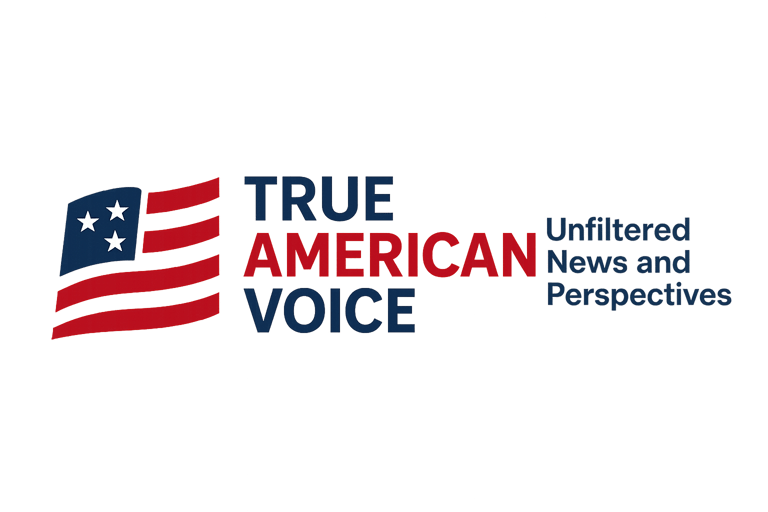A Silent Crisis: The Long-Term Decline of Medical Staff at the U.S. Department of Veterans Affairs
A deep, conversational dive into the ongoing loss of doctors, nurses, and essential healthcare staff at the VA, how it’s impacting veterans’ care, and what steps communities and lawmakers are taking to address it.
8/13/20254 min read
If you have ever walked into a VA hospital, you know the quiet hum of nurses moving between rooms, doctors reviewing charts, and staff members calling out the next patient’s name. It feels busy but purposeful. Over the past decade, though, something has been happening behind the scenes that is starting to break that rhythm.
The Department of Veterans Affairs has been losing critical medical staff year after year. This slow drip of departures is finally catching up, and veterans are the ones feeling the strain. From longer wait times to overworked nurses, the effects are real and visible.
In this post, I want to unpack why this decline is happening, how it affects veterans, and what we can do about it before it becomes a full-blown collapse of care.
The Numbers Behind the Decline
According to recent reports, the VA has lost thousands of core healthcare professionals in just the last few years. From 2017 to mid-2025, the VA saw:
Over 2,000 fewer registered nurses on staff
Significant drops in the number of primary care physicians
A loss of medical assistants, social workers, and psychologists
The Washington Post and The Guardian have both confirmed that some of this loss is due to budget cuts and attrition. But the other side of the story is staff burnout, stalled hiring processes, and in some cases, hiring freezes that made it impossible to replace retiring staff.
The result? A stretched workforce trying to meet the growing healthcare needs of millions of U.S. veterans.
Why It’s Happening
Let’s be real. Healthcare work is stressful enough without the added challenge of political battles and shifting policies. But at the VA, those challenges pile up quickly.
1. Hiring Freezes and Budget Cuts
When hiring freezes are put in place, staff who leave are simply not replaced. The workload doesn’t go away, so nurses and doctors end up covering for multiple roles. Over time, this leads to exhaustion and more resignations.
2. Privatization Push
Some critics believe there has been a push to move more veteran care to private providers. While the VA still provides the majority of care, shifting funding away from public facilities can make it harder to maintain competitive salaries and benefits for VA staff.
3. Burnout and Retirement
Many VA staff members are veterans themselves or people deeply committed to the mission. But when workloads increase and support decreases, even the most dedicated workers can only hold out for so long before retiring early or moving to less stressful jobs.
Impact on Veterans’ Care
If you want to see the effects of staff shortages, talk to veterans in rural areas. Some of them now have to drive hours just to reach an available appointment. Others report waiting months for specialty care that used to be available in weeks.
1. Longer Wait Times
With fewer doctors and nurses, scheduling a visit takes longer. And when veterans finally do get an appointment, providers may have less time to spend with them.
2. Reduced Services
Some VA facilities have cut certain programs entirely because they do not have the staff to run them. This is especially true for mental health services, which are already in high demand.
3. Overworked Staff
When nurses and doctors are asked to take on too many patients, mistakes can happen. Even the best-trained medical professionals need manageable caseloads to provide quality care.
The Human Side of the Story
One nurse from a Midwest VA medical center told a local paper that she regularly works 12-hour shifts without a real break. “I love my patients,” she said, “but it’s hard to give them my best when I’m on my tenth straight hour of charting, checking vitals, and covering two extra patients.”
Veterans themselves often feel guilty for “bothering” the staff because they can see how stretched thin everyone is. This creates a quiet tension where both patients and providers are trying to be understanding, but the reality is that quality care is slipping.
The Role of Leadership
VA leadership has acknowledged the staffing problem but says it is working on solutions. Some facilities are offering signing bonuses for hard-to-fill roles. Others are partnering with nursing schools and residency programs to bring in new talent.
However, critics argue that without major funding commitments from Congress, these efforts will be like putting a small patch on a sinking ship.
Possible Solutions
There is no single fix, but there are multiple actions that, combined, could start to turn things around:
Fully Fund VA Healthcare
Stop temporary funding patches and commit to long-term budgets that allow stable hiring.Streamline Hiring
The VA’s hiring process can take months. By the time a candidate is approved, they may have already accepted another job.Improve Pay and Benefits
Competitive salaries and incentives can help keep experienced staff from moving to private hospitals.Focus on Mental Health Support for Staff
Caring for veterans is rewarding but also emotionally heavy work. Investing in staff mental health can reduce burnout.
Why This Matters for Every American
Some might think this is only a veteran’s issue. It is not. The way we treat our veterans says everything about our national values. If we cannot provide timely, quality healthcare to the people who served our country, what does that say about our priorities?
Additionally, the VA is one of the largest public healthcare systems in the nation. Lessons learned here could shape how we handle staffing in other public health sectors.
How You Can Get Involved
Contact Your Representatives – Let them know you support full VA funding.
Support Veteran Nonprofits – Groups like the Disabled American Veterans (DAV) and Iraq and Afghanistan Veterans of America (IAVA) advocate for policy changes and support services.
Share the Stories – The more awareness, the more pressure on decision-makers.
Final Thoughts
The decline in VA medical staff is not just a statistic. It is a slow-moving crisis that is eroding the trust and care our veterans deserve. Every unfilled nursing job and every lost doctor represents dozens, if not hundreds, of veterans whose needs may go unmet.
If there is one thing we owe our veterans, it is to ensure that when they walk through the doors of a VA facility, they know they will be cared for with the respect, time, and skill they earned through service. That starts with making sure the people providing that care are supported too.


